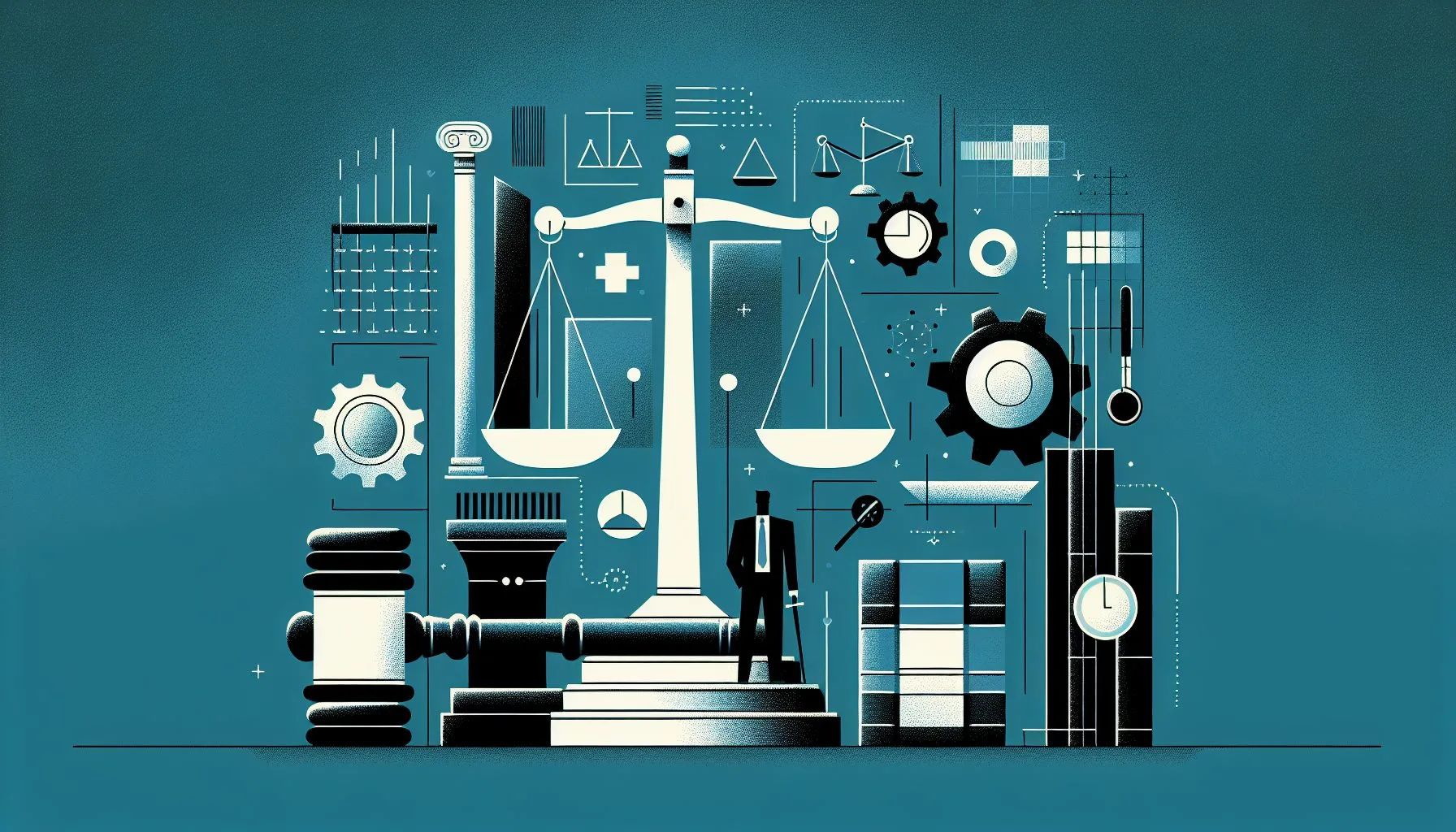Interesting Facts
Have you ever encountered headlines or social media buzz claiming that Delaware confiscated Elon Musk’s money? While these statements catch your attention, the reality is far less sensational. Elon Musk, one of the most influential entrepreneurs in the world, has been involved in legal matters within Delaware’s corporate legal system, but these do not equate to personal asset confiscation.
The Court of Chancery and Its Role in Corporate Disputes
Delaware is a premier hub for corporate incorporation, famous for its sophisticated legal environment. Companies like Tesla, SpaceX, and Twitter are incorporated there, drawn by Delaware’s comprehensive General Corporation Law and the specialized Court of Chancery. This court, staffed with judges expert in corporate law, efficiently resolves business disputes, including shareholder conflicts and corporate governance issues. Notably, the Court’s jurisdiction covers corporate entities and legal affairs, not the personal finances of individuals like Elon Musk. You can explore more about the Court of Chancery docket and its decisions here.
Why Confiscation Rumors Arise
Misinterpretations of legal terminology and court procedures often fuel exaggerated claims. Courts can issue subpoenas for documents, order temporary freezes on assets to prevent their transfer during litigation, or impose restrictions, but these are protective steps aimed at maintaining fairness and integrity in legal processes — not confessions of seizure by the state.
For example, if a court worries assets might be hidden or improperly transferred during a case, it may freeze those assets temporarily. This freeze is akin to a security measure, safeguarding property rather than confiscating it. Such actions have been mistakenly interpreted by media and the public as outright confiscation. Read a detailed report on the recent striking down of Elon Musk’s $56 billion pay package by Delaware court here.
Corporate Governance and Legal Disputes Involving Elon Musk
Legal disputes around corporations like Twitter and Tesla often involve governance questions or contract disagreements. Delaware courts may enforce leadership changes, impose fines, or issue temporary injunctions affecting companies’ operations, but these actions typically do not translate into personal penalties against executives. Such rulings target corporate entities or their official duties.
Separation of Personal Finances and Corporate Assets
Elon Musk’s remarkable wealth is largely embedded in shares and company equity, not just liquid cash balances. Legal actions in Delaware focus on business agreements and ownership rights rather than seizing personal wealth. Legally, Musk’s assets are distinct from his companies’, and any interference with personal finances requires due legal process and specific courts’ decisions based on misconduct, which have not been reported.
Protect Your Assets with Trusted Legal Insight
How Media Hype Skews Perceptions
Media outlets chase sensational stories for clicks, sometimes at the cost of accuracy. Headlines about “confiscation” and frozen assets gain viral traction, despite the lack of legal confirmation. Most rumors stem from misunderstandings surrounding subpoenas, temporary freezes, or court orders in business disputes, fueling viral misinformation.
Delaware’s Legal Process: A Balancing Act
The Court of Chancery carefully weighs evidence, contractual obligations, and fiduciary duties in complex cases. Temporary asset restrictions safeguard dispute outcomes, but these measures are far from confiscation. They maintain the status quo to ensure a fair and methodical resolution process.
The Importance of Legal Literacy and Critical Thinking
This situation exemplifies the importance of understanding legal processes and verifying sources. Without familiarity with corporate law, many misinterpret legal actions as government overreach. Readers should seek official documentation and credible reporting before accepting dramatic claims.
Reflecting on Public Narratives and Power
Elon Musk’s unique position invites intense public scrutiny and rumor. While tales of seized wealth capture imaginations, legal realities focus on balanced judicial oversight safeguarding rights. This story encourages measured reactions toward legal news connected to wealth and technology leaders.
Key Takeaways
In summary, Delaware has not confiscated Elon Musk’s money. The rumors arise from misunderstandings about corporate litigation involving Musk’s business ventures, mainly Twitter. Delaware’s legal system diligently resolves corporate disputes, protecting both company and individual rights through robust due process.
Beyond the Headlines
While dramatic headlines attract attention, the facts reveal a legal system managing complex corporate matters with care and precision — not sensational asset confiscations. Next time you see allegations about seized wealth, look deeper into the context and legal foundations.
Delaware’s legal framework and court expertise offer a transparent process focused on fairness, not confiscation. Understanding this helps all of us read high-profile legal stories more critically and accurately.
Additional Context: Delaware’s Corporate Legal Importance
Delaware’s significance stems from its business-friendly laws and a specialized judiciary, including the Court of Chancery, which handles corporate disputes more effectively than other states. Over 60% of U.S. publicly listed companies and most Fortune 500 companies are incorporated there, showcasing Delaware’s legal prominence.
Why Do Rumors Spread?
Complex legal jargon and superficial reporting often cause rumors. Asset freezes and subpoenas can sound like harsh governmental seizure to laypeople. The prominence of figures like Elon Musk on social media amplifies these misconceptions, resulting in viral falsehoods. For those interested, see the acquisition of Twitter by Elon Musk documented in detail here.
How to Stay Well-Informed
For accurate understanding, verify claims with multiple trusted news sources, seek official court documents, and recognize that legal proceedings are often lengthy and nuanced. Approach sensational headlines critically.
In closing, the mysterious story of Delaware confiscating Elon Musk’s money is a myth dispelled by understanding corporate law and judicial process. The reality is less dramatic but much more enlightening.
Did Delaware really confiscate Elon Musk’s money?
No, Delaware did not confiscate Elon Musk’s money. The rumors stem from misunderstandings about legal proceedings related to corporate disputes involving Musk’s companies.
What is the Delaware Court of Chancery?
The Delaware Court of Chancery is a specialized court focused on business and corporate disputes, known for expertise in resolving complex governance and shareholder issues.
Why do rumors about asset confiscation spread?
Rumors spread due to misinterpretation of legal terms like asset freezes or subpoenas, amplified by sensational media headlines and social media.

